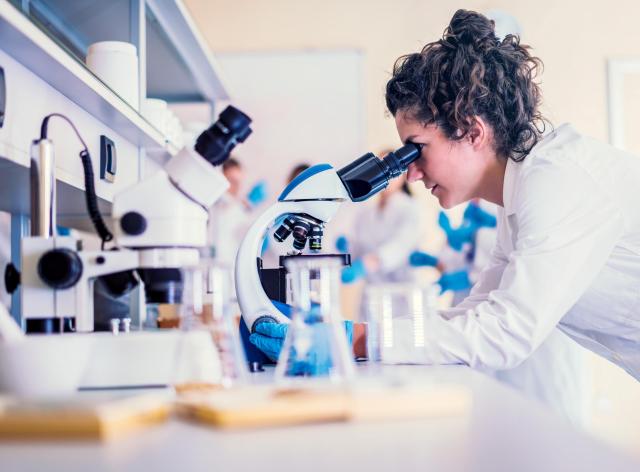The Environmental and Evolutionary Biology Research Unit (URBE) operates as a collaborative ecosystem, bringing together skills to advance research on organisms and their dynamic interactions with the environment. Its vocation is to study aquatic organisms and their interactions with the environment. It combines comparative biology (several species studied) and integrative biology (several levels of biological integration).
Research teams focus on 4 main areas, from the study of genomes to ecosystems, organisms and populations. Cutting-edge laboratory techniques are combined with field studies in various aquatic ecosystems. URBE is closely involved in student training, notably via the Master's degree in Organismal Biology and Ecology co-organized with UCL.


